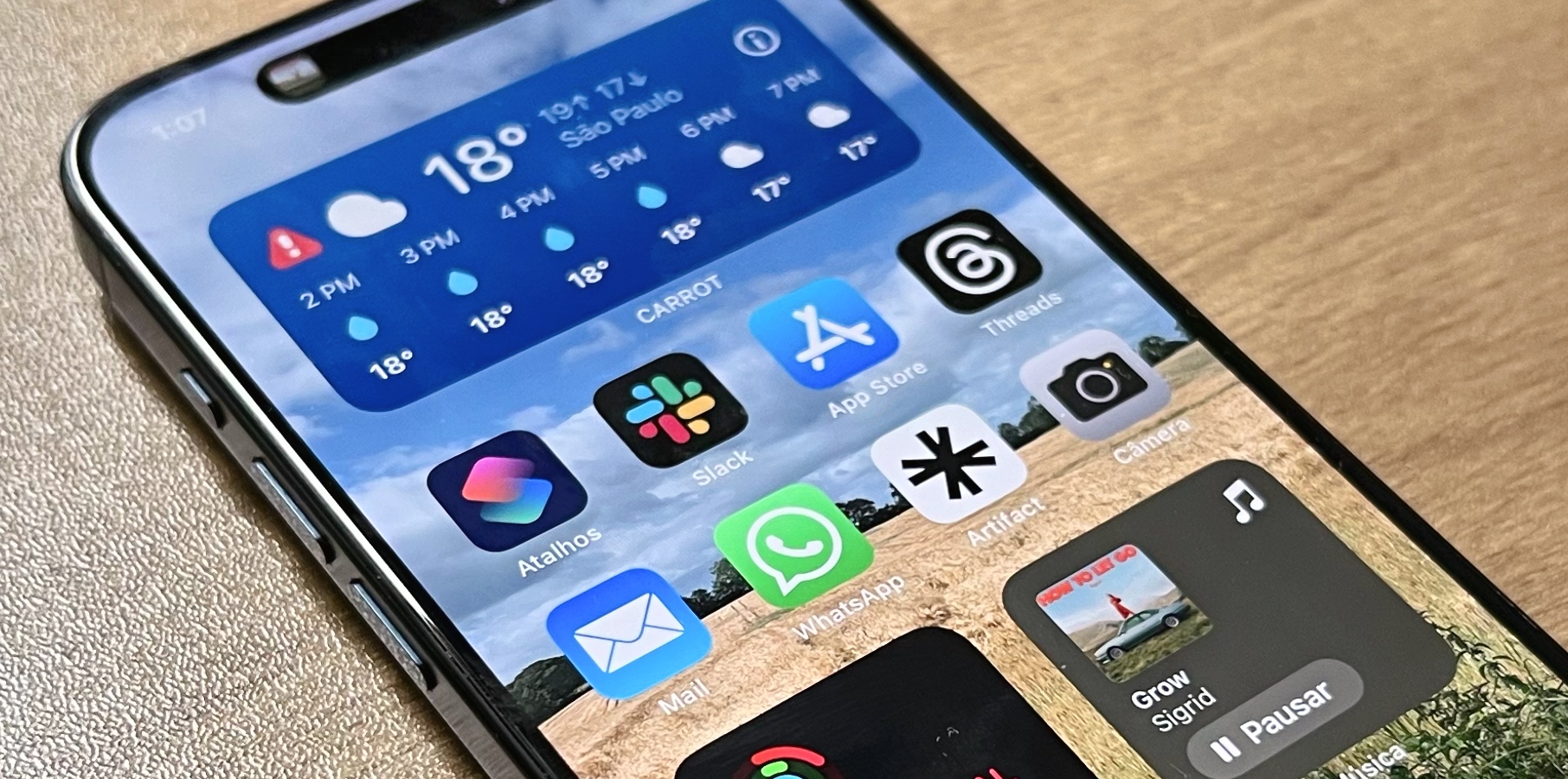
Before you could stream your favorite album at will on the likes of Spotify or Apple Music, there was iTunes. In an experimental release strategy, U2’s Songs of Innocence was uploaded to the iTunes libraries of users across the world, resulting in a wave of backlash. Eight years later, the band’s frontman Bono has finally apologized for the havoc his project wreaked.
01:08
Ernie Hudson | First Fandoms
Friday 2:04PM
In 2014, Irish rock band U2 tried to boldly go where no musician had gone before—and fell flat on their face. In a time when we still predominantly bought our music on platforms like iTunes, U2 frontman Bono had a bold idea for a new release strategy: Give their upcoming album Songs of Innocence away for free by uploading it directly to users’ iTunes libraries for free. In his upcoming memoir titled Surrender: 40 Songs, One Story, excerpts of which were published by The Guardian this weekend, Bono recalls pitching the idea to Apple CEO Time Cook:
“Free music?” asked Tim Cook, the CEO of Apple, with a look of mild incredulity. “Are you talking about free music?”
“You want to give this music away free? But the whole point of what we’re trying to do at Apple is to not give away music free. The point is to make sure musicians get paid.”
“No,” I said, “I don’t think we give it away free. I think you pay us for it, and then you give it away free, as a gift to people. Wouldn’t that be wonderful?”
Tim Cook raised an eyebrow. “You mean we pay for the album and then just distribute it?”
I said, “Yeah, like when Netflix buys the movie and gives it away to subscribers.”
Tim looked at me as if I was explaining the alphabet to an English professor. “But we’re not a subscription organization.”
“Not yet,” I said. “Let ours be the first.”
Despite his hesitance, Cook took the bait, and Songs of Innocence was released to the masses on September 9, 2014—except the masses didn’t want it. The album’s abominable release strategy also prompted conversations about the role of big tech in our media consumption since the record was uploaded to users’ personal libraries without their consent. People were so desperate to remove the album from their libraries that Apple even added a help page to their website with instructions on how to do just that. Later in his memoir, Bono acknowledges the mess of it all.
“I take full responsibility. Not Guy O, not Edge, not Adam, not Larry, not Tim Cook, not Eddy Cue. I’d thought if we could just put our music within reach of people, they might choose to reach out toward it. Not quite,” a later excerpt reads, as published by The Guardian. “At first I thought this was just an internet squall. We were Santa Claus and we’d knocked a few bricks out as we went down the chimney with our bag of songs. But quite quickly we realised we’d bumped into a serious discussion about the access of big tech to our lives.”
It was in this time that the music industry was in a bit of a transient phase. Streaming hadn’t completely dominated consumption, iTunes was still selling music, and the nostalgia of physical media wasn’t really in style yet. The Songs of Innocence release strategy was a genuine attempt to shake-up the then amorphous music industry and get U2 fans, both the devoted ones and potential new ones, excited about a record the band was proud of. Now, eight years later, we can finally rest easy with an apology from the man behind it all.

















%20(2)%20(1).jpg)


Discussion about this post